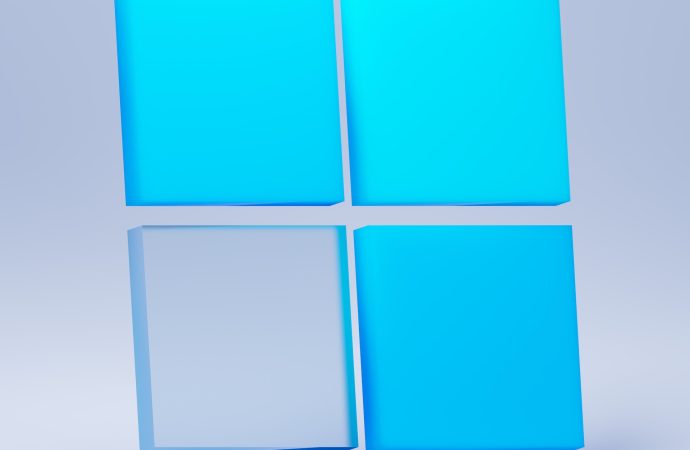Introduction: Operating systems are the backbone of any computing device, whether it’s a desktop computer, laptop, or mobile device. With the growing demand for personal computing and the proliferation of devices, choosing the right operating system has become increasingly important. In this article, we’ll examine the three major operating systems in use today: Windows, MacOS,
Introduction: Operating systems are the backbone of any computing device, whether it’s a desktop computer, laptop, or mobile device. With the growing demand for personal computing and the proliferation of devices, choosing the right operating system has become increasingly important. In this article, we’ll examine the three major operating systems in use today: Windows, MacOS, and Linux. We’ll compare their features, strengths, and weaknesses, and help you decide which one is right for you.
Windows: Microsoft Windows has been the most dominant operating system for personal computers for decades. The latest version, Windows 11, was released in 2021, and it’s a significant departure from previous versions. The interface has been redesigned, and the emphasis is on simplicity and ease of use. Windows 11 is a closed-source operating system, meaning that the code is not available to the public. This has both advantages and disadvantages. On the plus side, it makes Windows more secure since hackers can’t see the code and find vulnerabilities. However, it also means that users can’t modify the operating system to their liking.
One of the biggest advantages of Windows is its software compatibility. There is a vast array of software available for Windows, including proprietary and open-source applications. Most popular programs like Microsoft Office, Adobe Creative Suite, and Google Chrome are available on Windows. Another advantage of Windows is its gaming support. Most PC games are developed for Windows, and it has the most extensive library of games.
However, Windows has its downsides. One of the biggest complaints is the frequent updates and restarts, which can be disruptive to productivity. The updates can also cause compatibility issues with older software. Windows is also known for its susceptibility to viruses and malware. However, Microsoft has made significant strides in recent years to improve security and privacy features.
MacOS: Apple’s MacOS is the second most popular operating system for personal computers. It’s known for its sleek design and user-friendly interface. The latest version, MacOS Monterey, was released in 2021 and introduced several new features, including Universal Control, which allows users to control multiple Apple devices with one mouse and keyboard.
MacOS is a closed-source operating system, like Windows, which means that users can’t modify the code. However, it’s based on a Unix-like system, which is open-source. This gives MacOS the advantage of being more secure and stable than Windows while still allowing developers to create software for the platform.
MacOS is also known for its integration with Apple’s ecosystem of devices. Features like Handoff, Continuity, and AirDrop allow users to seamlessly transfer files and data between their Apple devices. This is a significant advantage for users who own multiple Apple products.
One of the downsides of MacOS is its software compatibility. While many popular applications like Microsoft Office and Google Chrome are available for MacOS, some software is only available on Windows. Gaming support is also weaker on MacOS than Windows. Apple’s hardware is often more expensive than equivalent Windows machines, which can be a disadvantage for users on a tight budget.
Linux: Linux is an open-source operating system that has been gaining popularity in recent years, especially among developers and tech enthusiasts. There are many different distributions of Linux, each with its own strengths and weaknesses. Some of the most popular distributions include Ubuntu, Fedora, and Debian.
One of the biggest advantages of Linux is its customizability. Since the code is open-source, users can modify it to their liking. This allows for a high degree of customization and flexibility, making Linux a popular choice among developers.
Linux is also known for its security and stability. Since the code is open-source, bugs and vulnerabilities are often found and fixed.

















Leave a Comment
Your email address will not be published. Required fields are marked with *